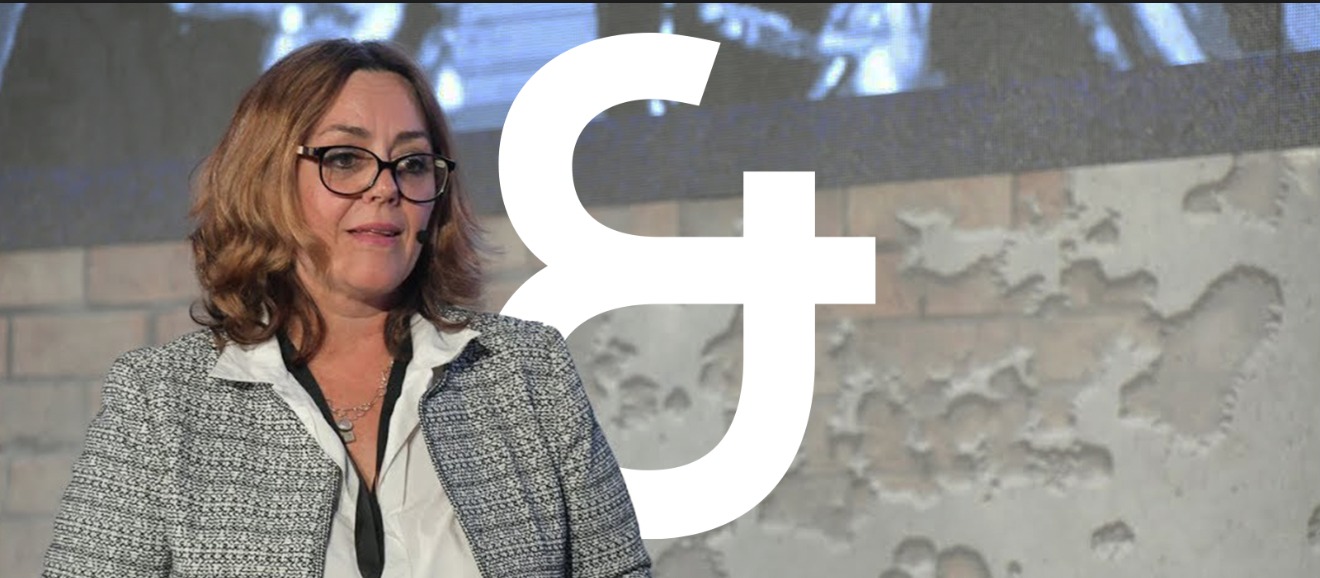In the fast-paced world of advertising, account management is crucial. The account manager is the fulcrum on which the entire relationship sits. They need to build strong relationships with their clients, understand their needs, and deliver high-quality work that meets their objectives, by ensuring the right information, inspiration, and processes are in place. The often contentious pivotal point of contact is the brief, which the account manager receives and is supposed to interpret before sending it into the system.
The BetterBriefs Project highlighted a number of problem areas in their latest round of global research:
- Most marketers (80%) think they’re good at writing briefs, while 10% of creative agencies agree;
- When asked how good their last 3 briefs were, 17% of marketers felt theirs were good, 52% felt they were okay and 31% felt they were not good enough. Creative agencies, when asked how good their clients’ last 3 briefs were felt 75% were not good enough, 22% were okay and only 3% were good;
- Creative agencies felt that most marketing briefs lack focus, clarity, and inspiration.
It’s clear that there is a disconnect when it comes to taking care of client accounts today. Over the years, the advertising industry has undergone significant changes which have impacted the client service role. One of these has been the rise of the strategist. In many agencies, it’s the strategist’s job to untangle these briefs and even write the creative brief, meaning that account management has morphed into project management, with the “thinking part” outsourced. This is compounded by the fast-paced always-on digital requirements, where many agencies embrace the tech industry’s project managers, sprints, and agile scrums as their way of working. But, the role is multi-dimensional and project management is only one part of it.
The client world has also changed and more than ever, they need and expect agencies to be able to create campaigns, faster and for less, that deliver on ever-more demanding and immediate metrics. The requirement for integration across myriads of communication channels, the fragmentation of attention, and pressure on budgets have led to a shift in the traditional agency-client relationship, with clients expecting agencies to act as true partners rather than just service providers.
To meet these changing expectations, agencies need to upskill their client service teams to play more of a leadership and advisory role. This means investing in training and development programmes that equip employees with the necessary skills, tools, processes, and knowledge.
It particularly means taking a step above process management and enhancing their strategic thinking and creative skills.
I am not personally a fan of the titles “Client Service” and “Account Management”. Both of them feel too transactional and limited for such a multi-functional and pivotal role. I prefer to think of it as Account Leadership because it requires the full gamut of delivery from strategic brand & communication advice, implementation planning, and control, managing multi-functional team collaboration, selling, and resource management skills plus project management and budget control.
Agencies need to be able to understand their client’s business goals and develop strategies that align with those objectives. This requires a deep understanding of the client’s industry, target audience, and competitive landscape. Whether agencies have strategists or not, client service is the first point of call and is expected to have a point of view on strategy, creativity, and media. They must know what good looks like and be able to deliver it. There’s no longer any doubt that good creativity is more effective: Fernando Machado, a globally recognised CMO, calls creativity a “dollar multiplier” and work done by the Effies shows creativity to be the second-largest driver of growth behind the size of the brand: and it’s the Account Leader’s role to deliver that quality output.
Motivation, persuasion, and inspiration are a big part of the job, so soft skills such as communication, collaboration, and empathy are necessary. Effective communication is crucial in building strong relationships with clients, understanding the pressures in their environments, and ensuring that expectations are interrogated, interpreted, agreed and met. Collaboration is also important, as it requires corralling different teams within the agency, as well as different partners in other communication agencies, to work together effectively and deliver high-quality work. Being able to manage turf battles and focus on the delivery of a consistent and excellent end campaign is not easy. Empathy enables account managers to balance the needs and demands of their clients and the implementation teams.
For account managers to become Account Leaders, they need to be experts in communication so they can partner with their clients as advisors, not just order-takers or project managers.
The Red & Yellow Account Leadership online short course breaks down the necessary skills into four areas of expertise:
- Strategic;
- Creative;
- Selling;
- Business.
The Account Leadership Toolkit advises that account managers have a working knowledge of subject areas from marketing to advertising skills, effectiveness and creativity, current affairs, consumer behaviour, media, client’s category and micro issues, body language, and negotiation skills.
3 things account managers can do today:
- Reframe their role as a leadership role;
- Make time to upskill and arm themselves with knowledge;
- Build partnerships internally and externally.
This requires a culture of continuous learning and development, where Account Leaders are encouraged to take ownership of their learning and seek out opportunities to upskill, whether it’s with courses, seminars, or mentorship and coaching. Their time is always under pressure but armed with better knowledge and skills, they can work smarter, not harder.
Account management is a crucial component of the advertising industry, and its importance is only set to grow as the communication landscape becomes more complex and agencies need to future-proof their client relationships.

Our Knowledge Partner Gillian Rightford is the founder and managing director of Adtherapy. Gillian has been a mainstay of the South African advertising landscape for more than 30 years and obtained a Business Science (Honours) degree in Marketing from UCT, worked for Perry & Associates (Marketing Consulting), before becoming Managing Director of Hercules / DMB&B / D’Arcy and then Group Managing Director of Lowe Bull.
Gillian started Adtherapy in 2007, a company that aims to help marketers optimise their advertising through skills, structure, strategy, and relationships.


